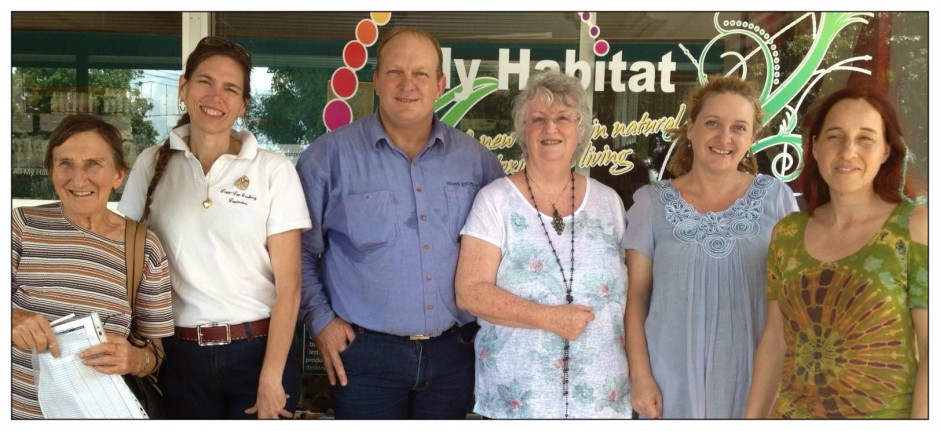The short, simple answer is that CES is an online system that allows us to record and track our trades. The CES online directory allows us to advertise the things we are offering to other users and to see what other Users want.
Please read the detailed description below for more
The following has been copied from the CES Australia.
The Community Exchange System (CES) is a community-based exchange system that provides the means for its users to exchange their goods and services, both locally and remotely. It could also be described as a global complementary trading network that operates without money as it is commonly understood.
Unlike the conventional money-based exchange system, the CES has no physical currency. The idea that such a currency is required before any trading can take place is an ancient one and increasingly irrelevant in this day and age of computers and the Internet. Information can replace currencies and at the same time eliminate most of the problems associated with regular money.
There are many similar trading systems around the world, commonly know as Community Exchange Systems, Local Exchange Trading Systems (LETS), Mutual Credit trading systems or Time Banks.
Apart from using information instead of currencies to effect exchange, these exchange systems are community-focussed in order to build community and keep wealth where it is created. The CES takes this a step further by providing the means for inter-community trading, right up to the global level.
As the ‘currency’ in the above types of exchange systems is information it does not have to be ‘created’ like conventional money so there is no need for an issuing authority or for a supply of it, and none is required to start trading. ‘Money’ in these systems is a retrospective ‘score-keeping’ that keeps a record of who did what for whom and who sold what to whom. There can never be a shortage of information as there can be of money, as information does not have to be created and limited by a third party (banks or government) in order to give it value. For this reason the concepts of borrowing, lending and interest are meaningless in the CES.
There are many different types of complementary exchange systems (CESs) and they are growing in popularity throughout the world. Some use ‘hard’ currencies, where notes and coins are issued by the group for their own use; others use time as a ‘currency’ rather than notes; and yet others use a ‘virtual currency’ which is the recording of the values of goods and services exchanged.
Complementary exchange systems foster the real wealth of communities and rebuild a sense of worth and self-esteem among their users. Around the world they report an increased sense of vitality in all sectors of the communities using them. While these exchange systems might have a slightly different function for each of these sectors, they certainly have relevance to all.
These systems provide infinite opportunities for exchanging one’s narrow specialisations for the goods and services offered by others. In this way a complementary exchange system acts like a supplementary currency, creating an additional stream of value in a community. By supplementing conventional cash flow with a local exchange system a community can provide an additional source of essential goods and services that become scarce in economic downturns and protect itself from changes and fluctuations in the national money supply.
I help you, and you help another—and someone else helps me. The recipients of help become, in turn, the providers of help. What goes around comes around. By helping others you become entitled to receive goods, services or help from someone else. When you receive something, someone else is entitled to claim from the community the equivalent of what they provided.
What is the Community Exchange System?



